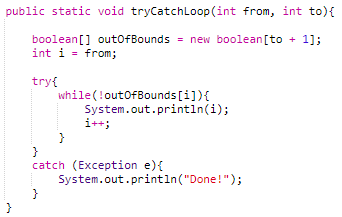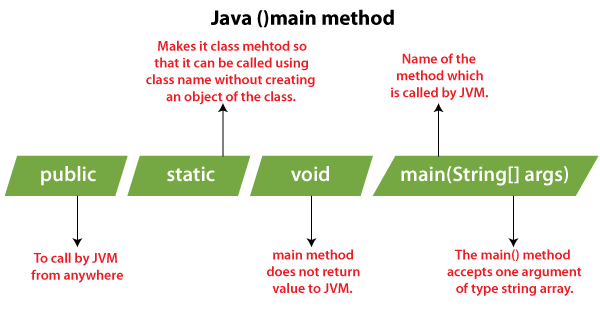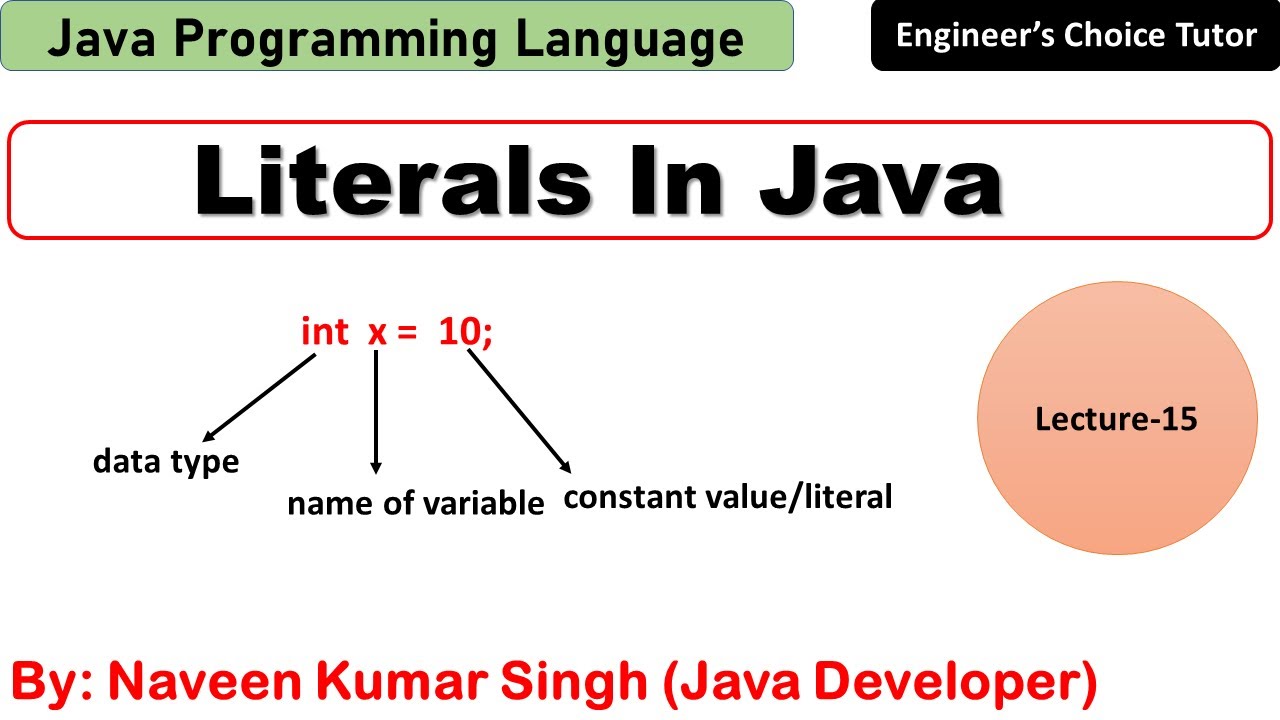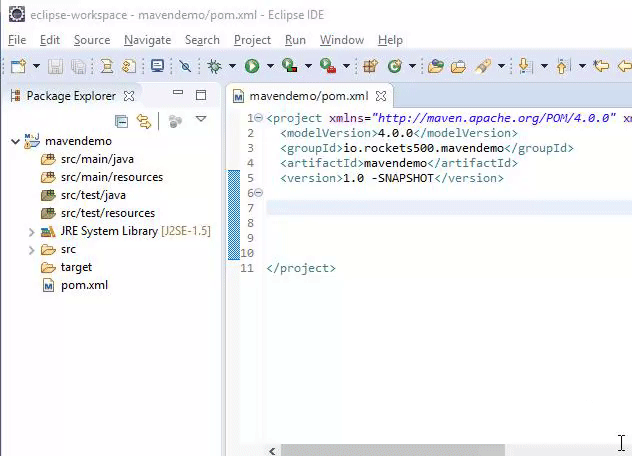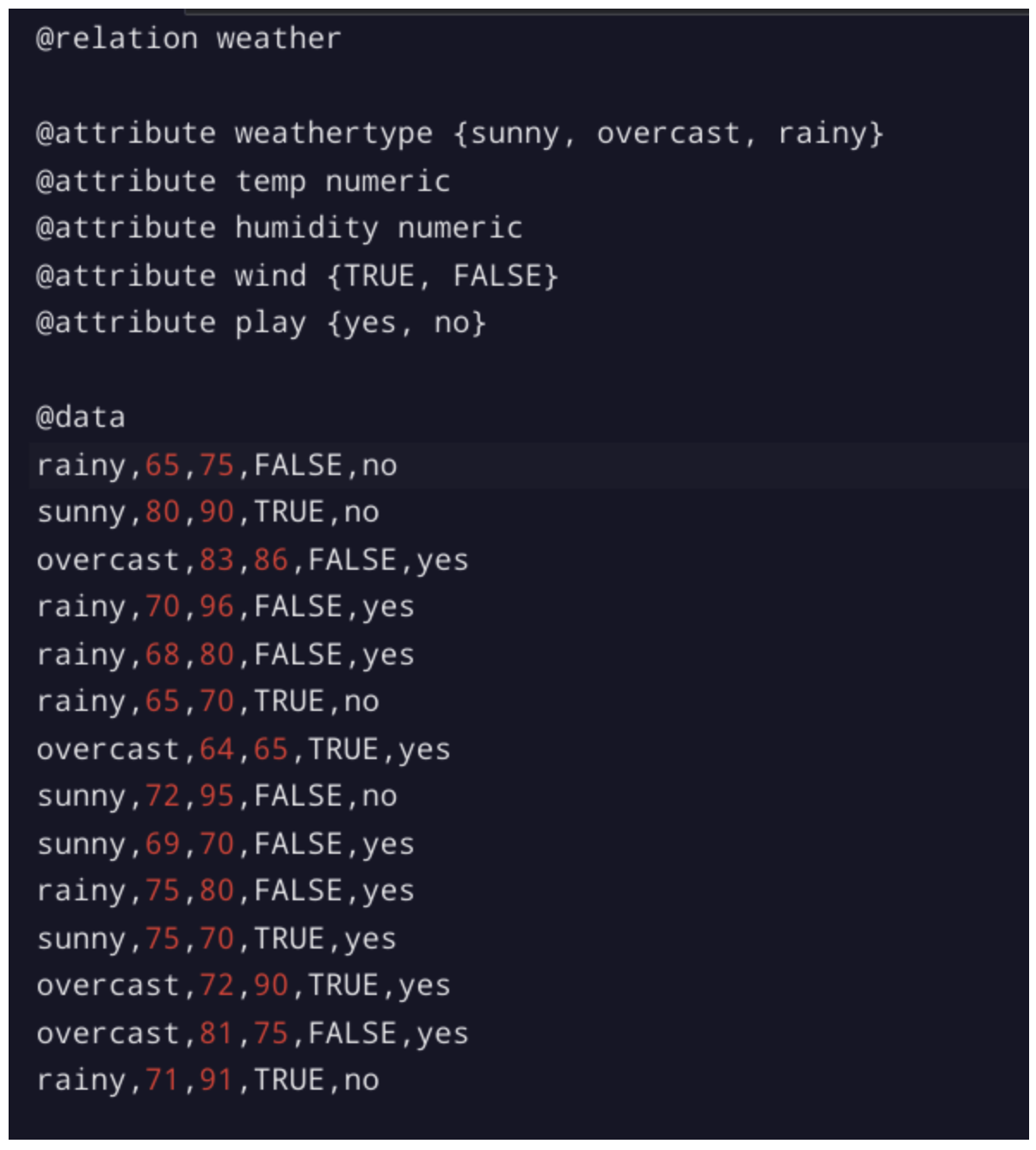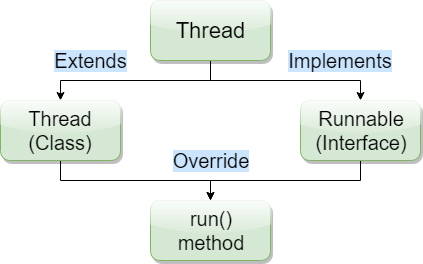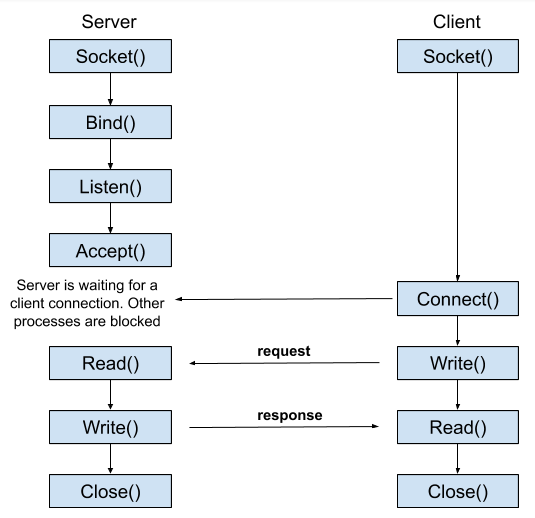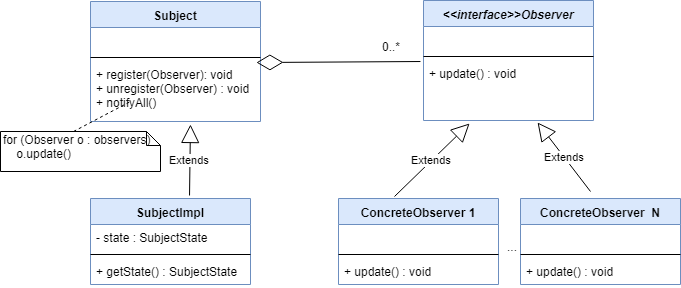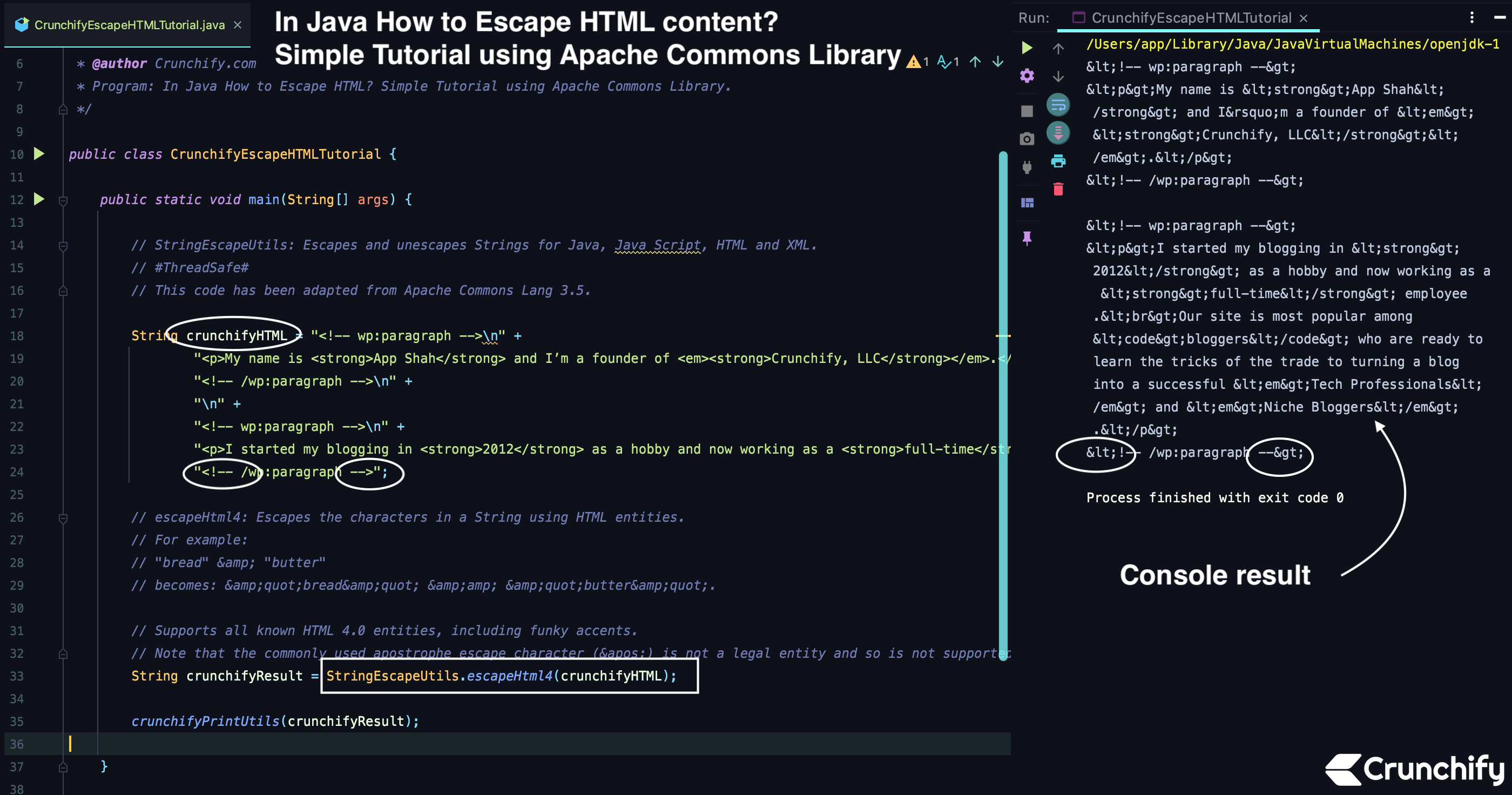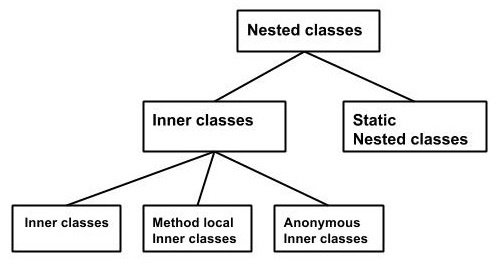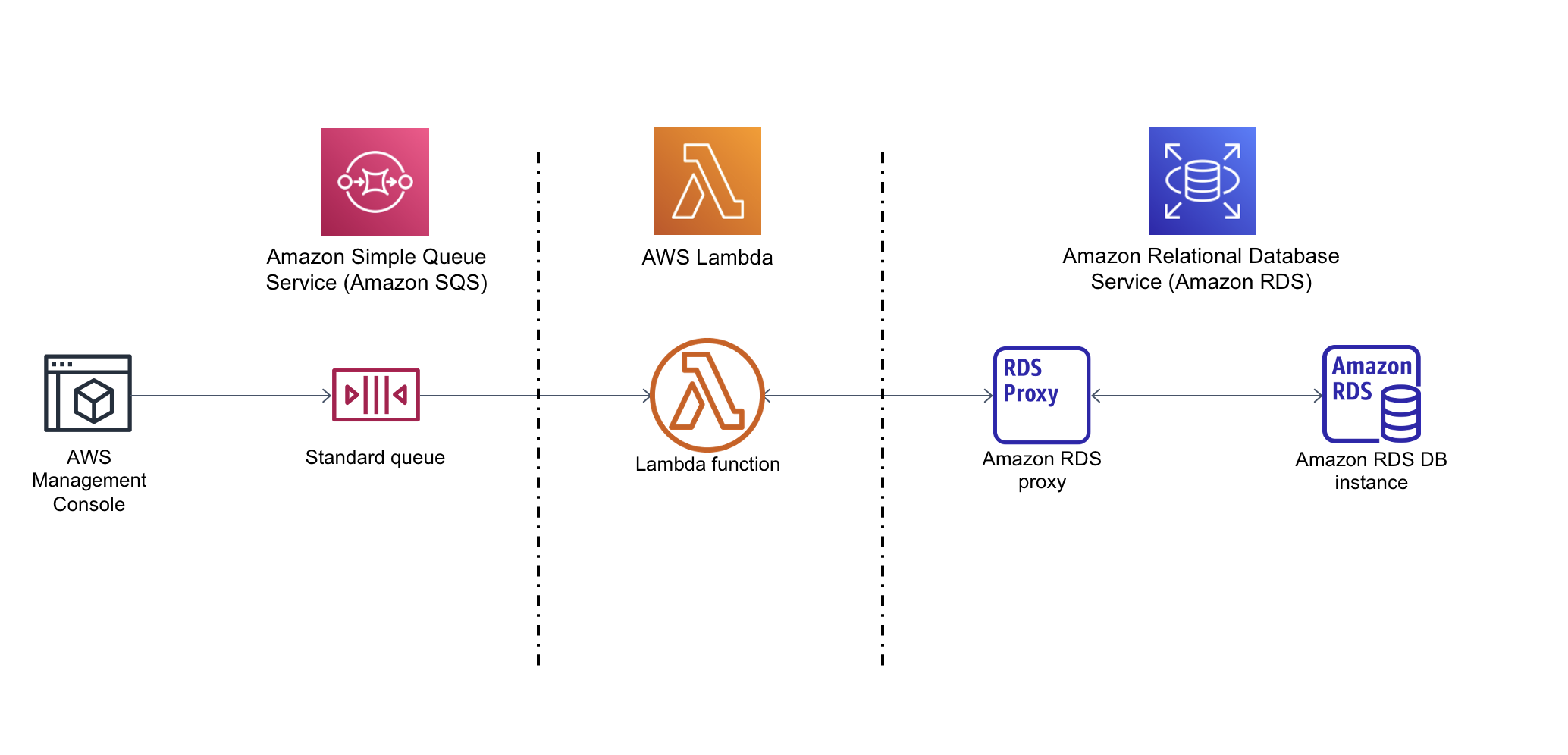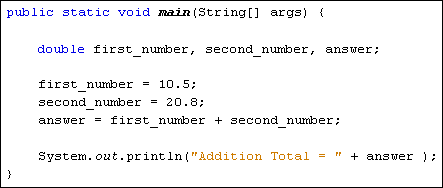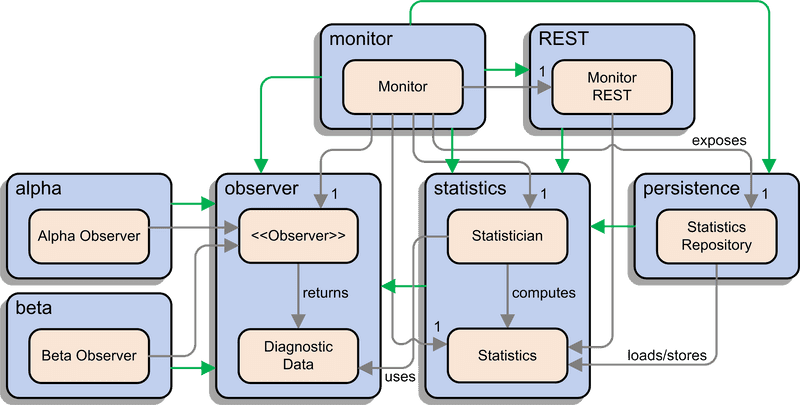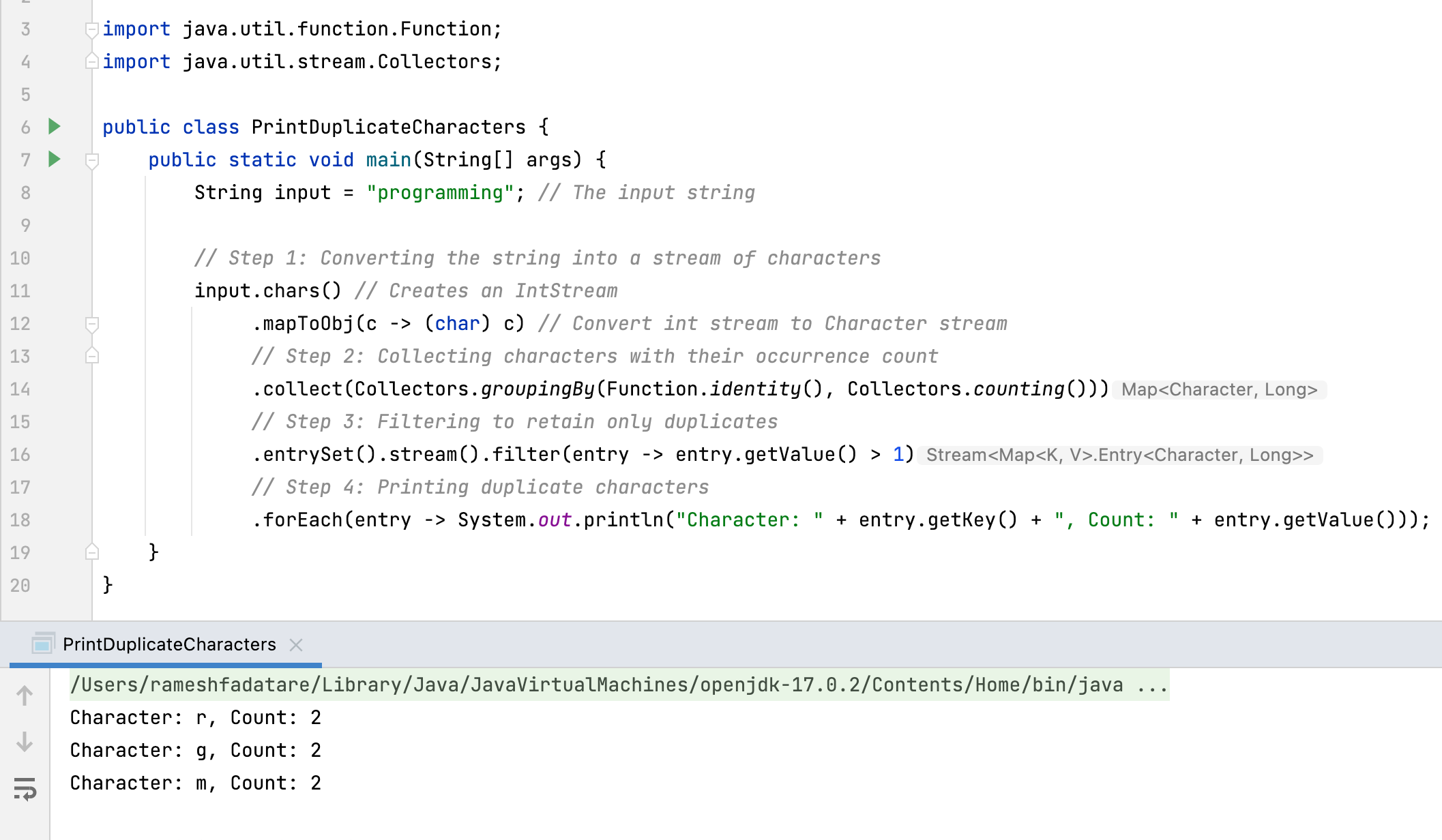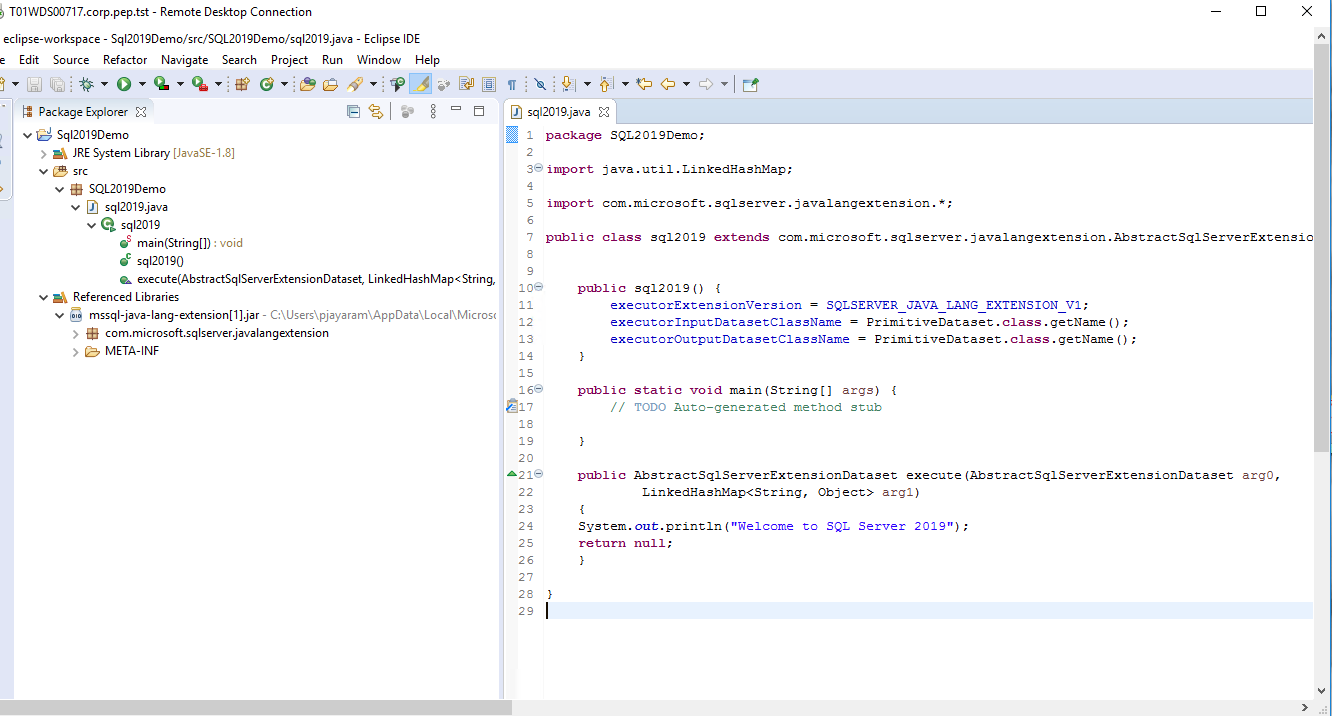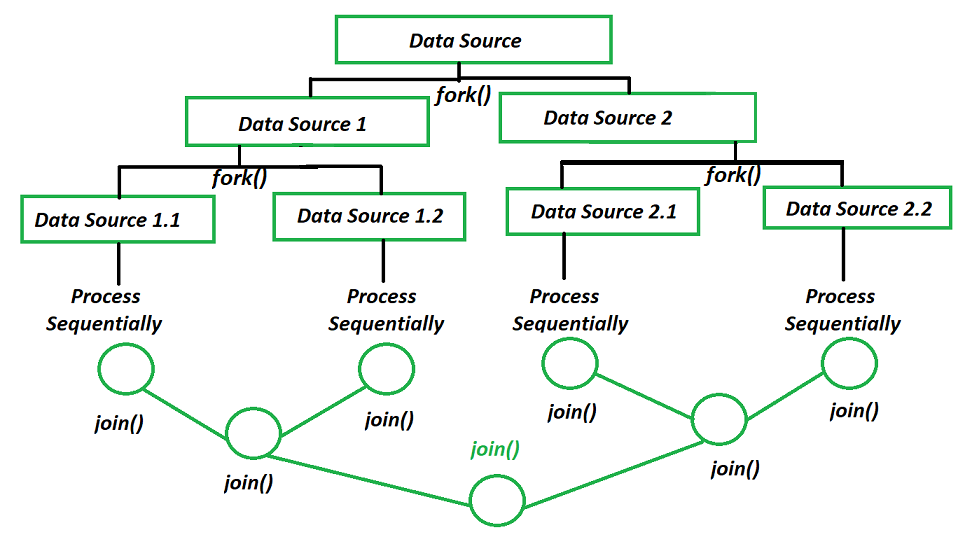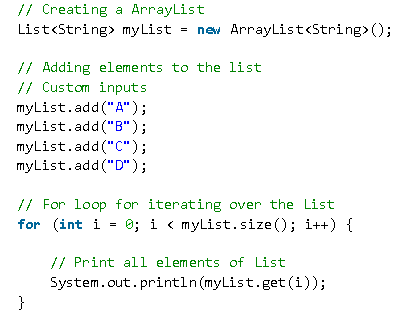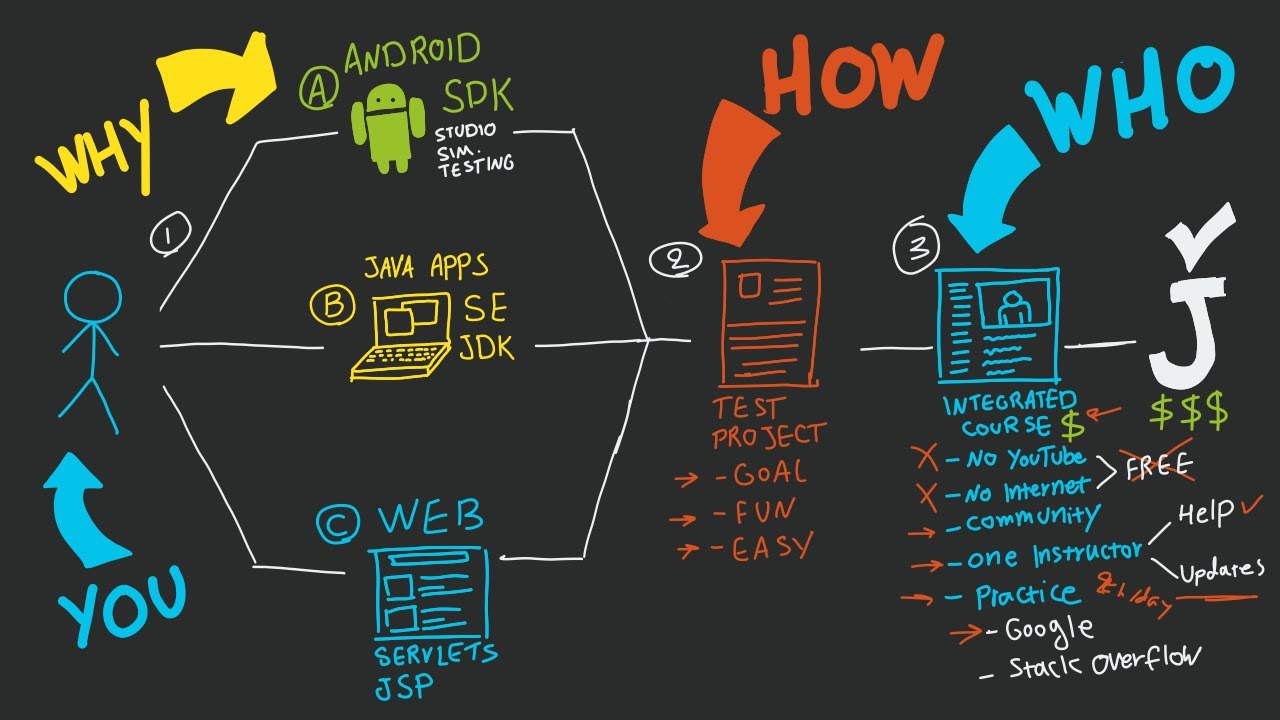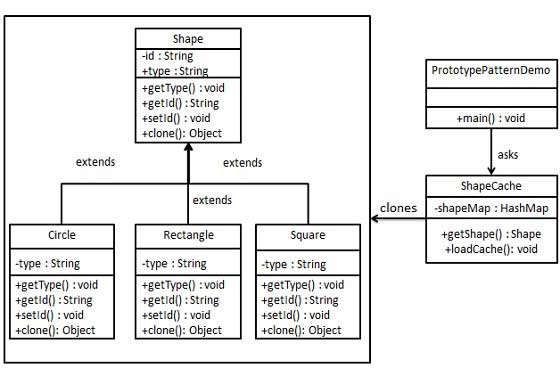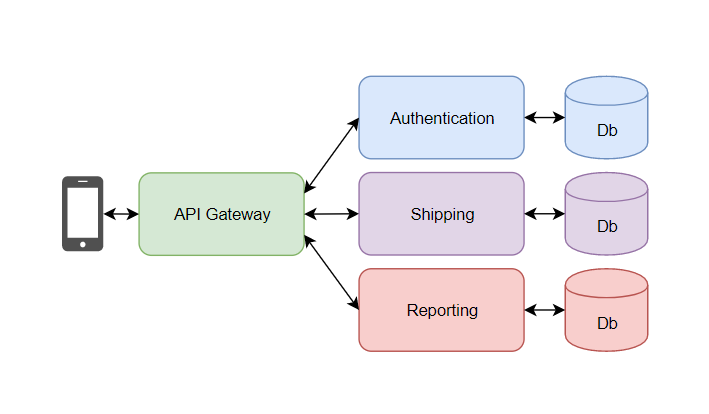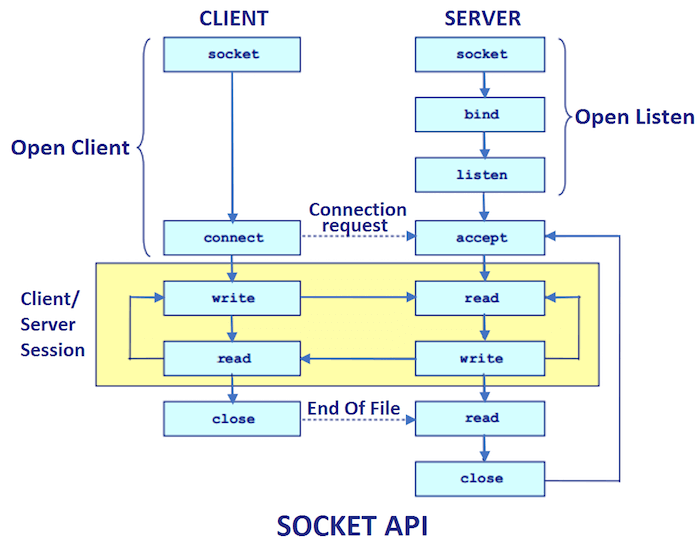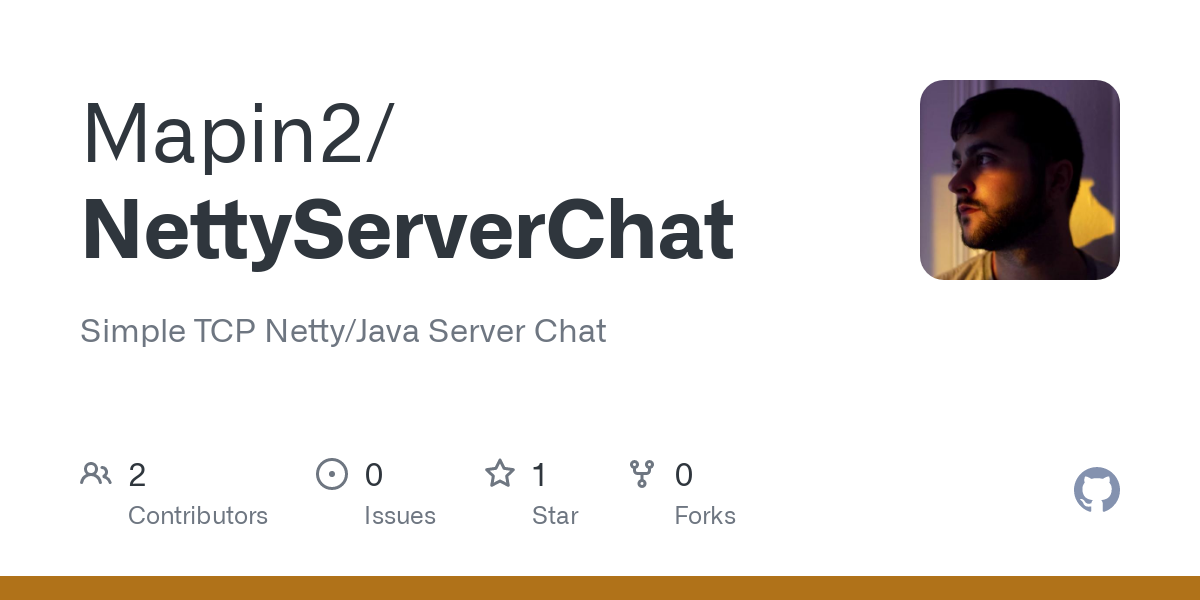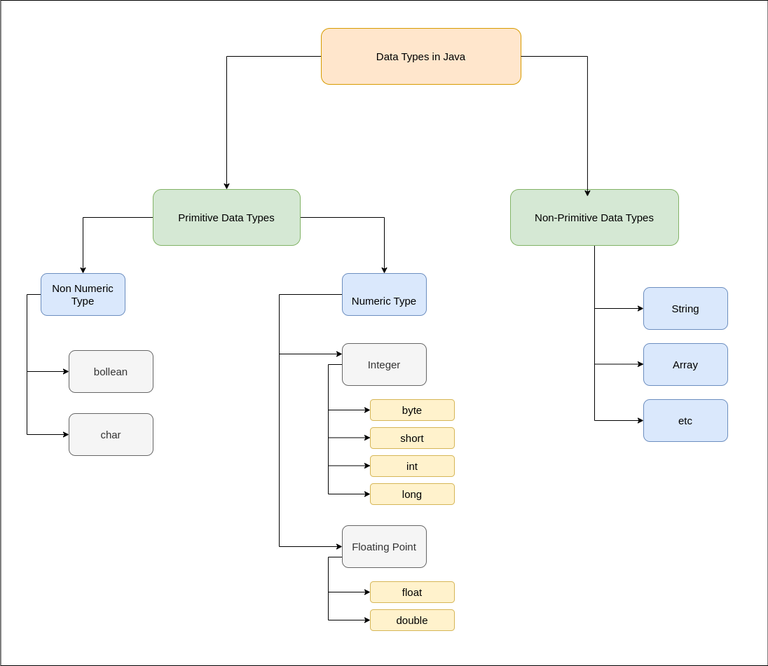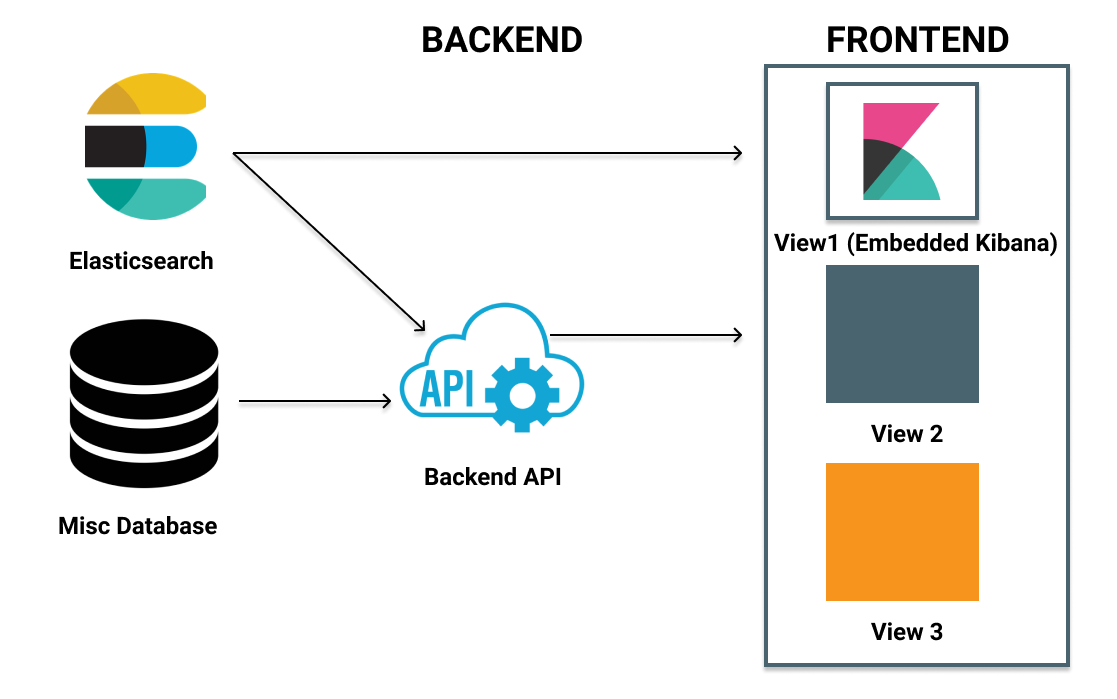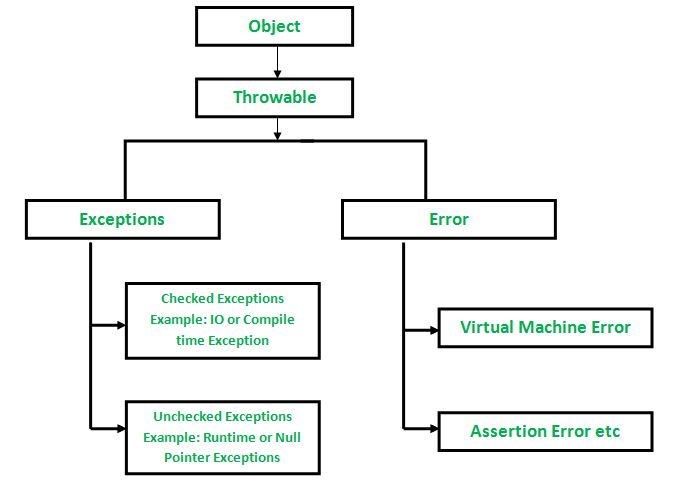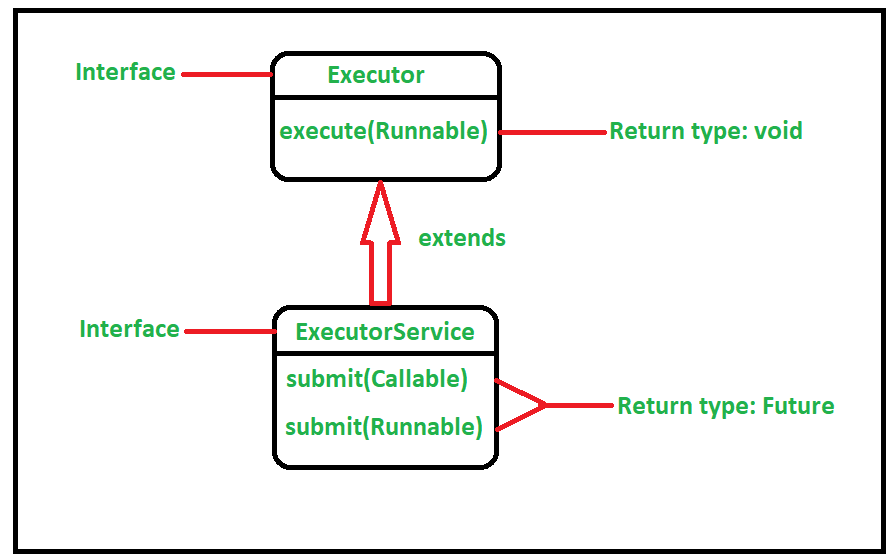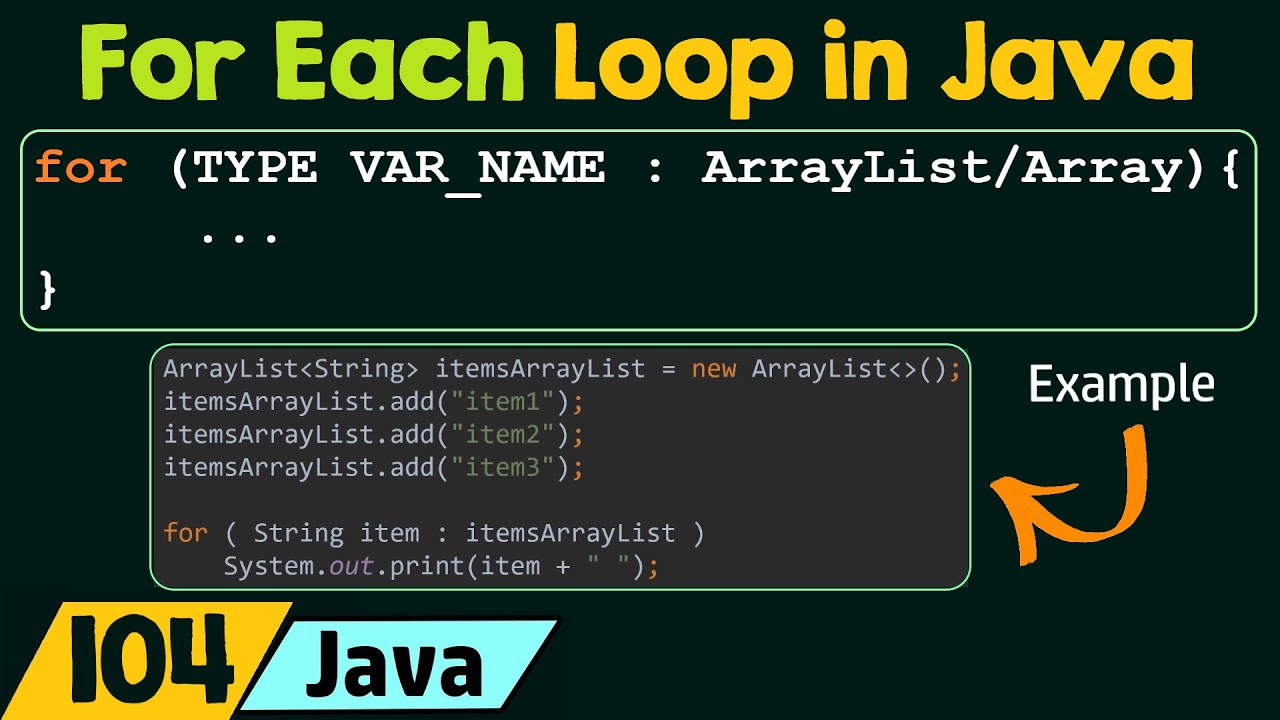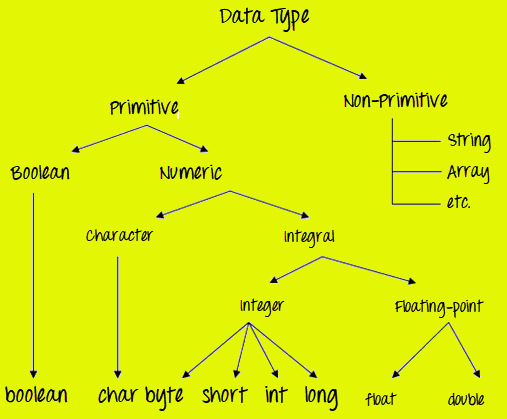What replaced Java RMI?
What replaced Java RMI?
Java Remote Method Invocation (RMI) was a technology that allowed developers to create distributed systems and call remote methods on objects located on different machines, all within the Java platform. However, over time, several issues with RMI were identified, and it has largely been replaced by newer technologies.
One of the main concerns with RMI was its complexity. Setting up an RMI connection involved creating a registry, binding objects to it, and handling communication errors. This made it difficult for developers without extensive experience in distributed systems to use RMI effectively. Additionally, RMI's performance was not always reliable, as it relied on TCP/IP connections and serialization of objects.
In recent years, several alternatives to Java RMI have emerged:
Java Servlets: Servlets can be used to create a web-based interface for distributed computing. Instead of making remote method calls, clients send requests to the server, which processes them and sends back a response. Web Services (WS): Web services are an architecture style that uses standardized protocols such as SOAP, REST, or XML/HTTP to facilitate communication between systems. This approach is more language-agnostic than RMI and allows for easier integration with non-Java systems. JSON-RPC: JSON-RPC (Remote Procedure Call) is a lightweight protocol that enables calling methods on remote objects using JSON-encoded requests. It's often used in conjunction with RESTful APIs to provide a more efficient and scalable alternative to RMI. Apache Thrift: Apache Thrift is a software framework for building scalable, efficient, and reliable communication systems. It provides a simple way to define interfaces and generate client-side code that can communicate with servers using these interfaces.In terms of specific libraries or frameworks for Java, some popular alternatives to RMI include:
Apache CXF: Apache CXF is an open-source services framework that provides support for web services (SOAP-based) as well as RESTful services. JAX-WS: JAX-WS (Java API for XML Web Services) is a Java programming language standard for creating web services. It includes support for SOAP-based and RESTful services. Spring Web Services: Spring Web Services is an open-source framework that provides support for building web services using the Spring Framework.In summary, while Java RMI was once a powerful tool for distributed computing within the Java ecosystem, its limitations have led to the development of more modern and flexible approaches to remote method invocation. These alternatives provide improved performance, scalability, and ease of use, making them better suited for modern distributed system needs.
Is java rmi deprecated or not
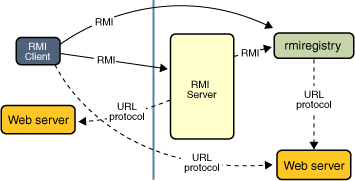
The Java Remote Method Invocation (RMI)!
Java RMI has been a part of the Java Standard Edition (SE) since its inception, providing a mechanism for objects to interact with each other across a network. While it's still supported in modern Java versions, RMI's usage and relevance have diminished over time due to several factors.

Reasons for decreased popularity:
Java API for RESTful Web Services (JAX-RS): With the rise of RESTful architectures, JAX-RS became a more popular choice for building web services. This shift away from RMI-based communication reduced its importance in the Java ecosystem. Java APIs for XML Web Services (JAX-WS): As SOAP-based web services gained popularity, JAX-WS emerged as an alternative to RMI. JAX-WS provides a more standardized way of building web services using SOAP and XML. Other distributed programming frameworks: The development of other Java frameworks, such as Apache Ignite, Hazelcast, and Apache Kafka, has reduced the need for custom, low-level remote method invocation solutions like RMI. Cloud Computing and Microservices: The increasing adoption of cloud computing and microservices architectures has led to a focus on lightweight, stateless communication protocols, such as HTTP and TCP/IP, rather than heavyweight RMI-based connections.Despite this, Java RMI is still:
Supported in modern Java versions: RMI remains part of the Java Standard Edition (SE) and is supported in all major Java releases, including Java 14, 15, and 16. A reliable and scalable solution: When properly used, RMI provides a reliable and scalable way to invoke methods on remote objects, making it suitable for specific use cases where strong, bidirectional connections are required.
When to choose Java RMI:
Legacy systems integration: When integrating with legacy systems that rely heavily on RMI, it's often necessary to maintain support for these interactions. Low-level, fine-grained control: RMI provides low-level control over remote method invocation, which can be beneficial in situations where high-performance, real-time communication is crucial. Custom, proprietary protocols: When developing custom, proprietary communication protocols that require tight integration with specific systems or devices, RMI can be a suitable choice.In conclusion, while Java RMI may not be as widely used as it once was, it still remains a supported and reliable solution for specific use cases where strong, bidirectional connections are required. Its continued support in modern Java versions and ability to handle legacy system integration, low-level control, or custom protocols make it a viable choice for certain applications.
